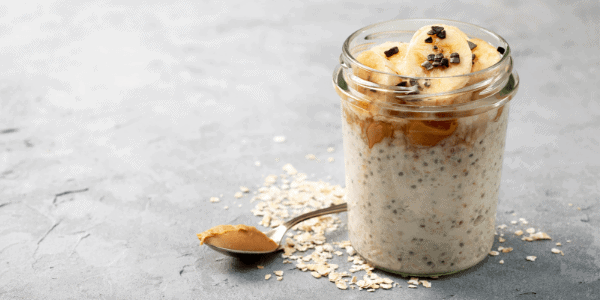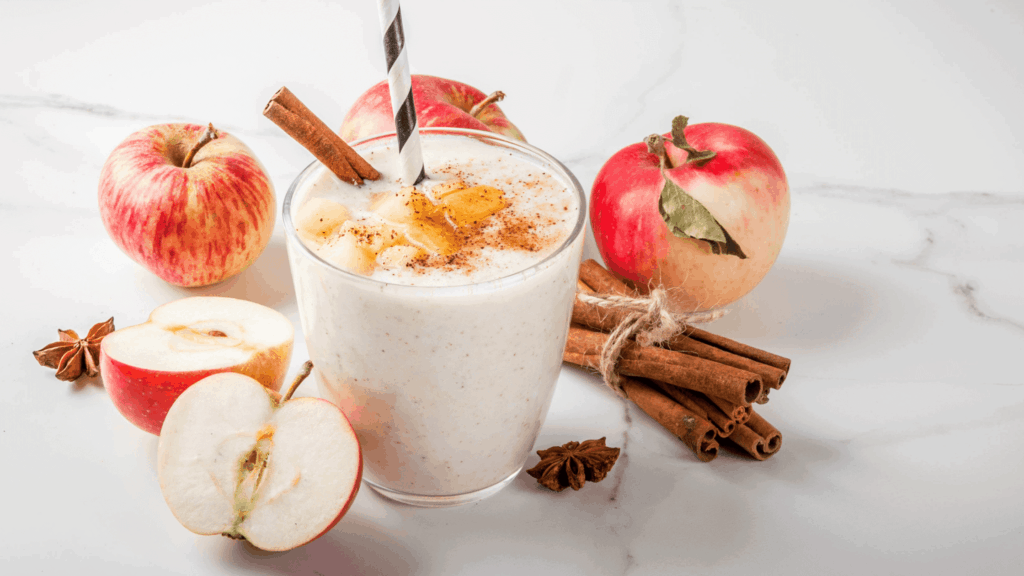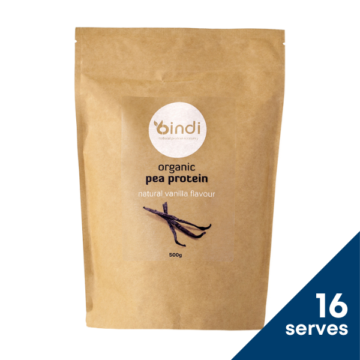How much protein do we really need? As an athlete, it is vital that you ensure your protein intake is adequate and this particularly applies in the post training period. When exercising, the presence of adrenaline and absence of insulin results in muscle proteins breaking down to release amino acids. As muscle protein is breaking down, post-activity protein consumption is needed in order to repair muscle protein, increase muscle mass and form new enzymes. Here are 5 simple ways to ensure you optimise muscle repair and hit those protein targets…
1. Timing is crucial: In order to optimise protein synthesis in the recovery period it is important to consume a protein rich meal. Protein synthesis and muscle repair is at its most effective in the first 60-90 minutes post exercise, so consuming your post recovery snack/meal in this period will maximise recovery.

2. Eat the right amount: Protein differs from the other two macronutrients in that it doesn’t provide us with a lot of energy and so is mainly for rebuilding muscle. Athletes undertaking strenuous training programmes should be targeting daily protein intakes of 1-1.5g of protein per kilogram of body mass.
In the recovery period, this should be 0.3g of protein per kilogram of body mass (so for a 65kg person, that equates to 20g of protein in recovery). Eating excess of this could favour protein oxidation which results in the production of energy that isn’t needed and a reduction in muscle repair. Basically this means more is not better when it comes to protein.
Consume 0.3g of protein per kilogram of body-weight in the recovery period.
This equates to 20g for a 65kg person.
3. Eat a range of whole protein sources: Food is a great way to reach your protein intake, because in a recovery meal you are not just getting protein, but essential micronutrients too.
Eating a meal which includes high quality, lean proteins will generally meet your protein needs post exercise whilst also providing carbohydrates which are necessary to replace glycogen stores and support your immune system. Eating whole foods will also ensure satiation keeping you full for longer.
4. Avoid fats and fibre post exercise: In this recovery window, we want to ensure that all the protein and carbohydrates are digested and absorbed rapidly in order for protein synthesis to begin. Anything that is going to slow down digestion can result in impaired protein absorption… such as fats and dietary fibre.
While these are also essential, consuming them in the recovery period is not the best idea if you are wanting to maximise muscle repair. Fats and dietary fibre slow the rate of gastric emptying which slows the rate of absorption of other nutrients. It can also potentially lead to bloating and cramps post workout.
5. Protein supplementation is helpful: While whole foods are encouraged, protein supplementation is a convenient and nourishing option for quick and simple means to get your necessary recovery protein on board; as long as they are still consumed in the optimal window.
Drinks, like protein smoothies, are a great option to replenish not just protein but also carbohydrates and fluid, if a meal isn’t an option. Try using protein powders in meals like overnight oats, pancakes, savoury muffins to ensure a good way of ensuring that enough protein is consumed in that recovery period.



